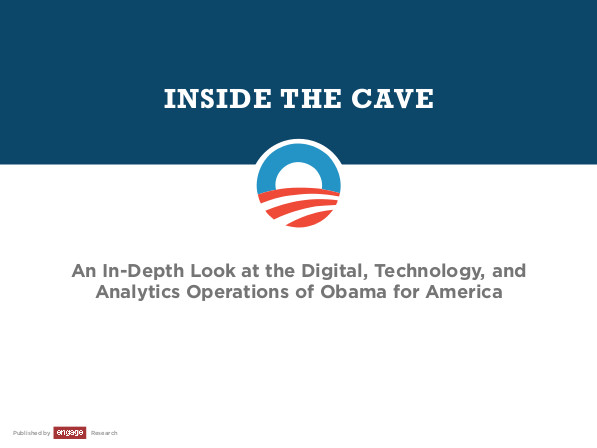Roberto Esposito: The Third Person: Politics of Life and Philosophy of the Impersonal (2007/2012)
Filed under book | Tags: · animal, anthropology, biology, biopolitics, life, nazism, personhood, philosophy, politics, subjectivity

All discourses aimed at asserting the value of human life as such–whether philosophical, ethical, or political–assume the notion of personhood as their indispensable point of departure. This is all the more true today. In bioethics, for example, Catholic and secular thinkers may disagree on what constitutes a person and its genesis, but they certainly agree on its decisive importance: human life is considered to be untouchable only when based on personhood. In the legal sphere as well the enjoyment of subjective rights continues to be increasingly linked to the qualification of personhood, which appears to be the only one capable of bridging the gap between human being and citizen, right and life, and soul and body opened up at the very origins of Western civilization.
The radical and alarming thesis put forward in this book is that the notion of person is unable to bridge this gap because it is precisely what creates this breach. Its primary effect is to create a separation in both the human race and the individual between a rational, voluntary part endowed with particular value and another, purely biological part that is thrust by the first into the inferior dimension of the animal or the thing. In opposition to the performative power of the person, whose dual origins can be traced back to ancient Rome and Christianity, Esposito pursues his strikingly original and innovative philosophical inquiry by inviting reflection on the category of the impersonal: the third person, in removing itself from the exclusionary mechanism of the person, points toward the orginary unity of the living being.
First published in Italian as Terza Persona, Giulio Einaudi, 2007
Translated by Zakiya Hanafi
Publisher Polity, 2012
ISBN 0745643981, 9780745643984
200 pages
Alexander Bard, Jan Söderqvist: The Futurica Trilogy (2012)
Filed under book | Tags: · body without organs, capitalism, empire, event, globalisation, internet, machine, memetics, networks, philosophy, politics, schizoanalysis, sex, society, technology

“In the late 1990’s, Swedish social theorists Alexander Bard and Jan Söderqvist started working on a radical new theory, since referred to as The Netocracy Hypothesis. At this early stage Bard & Söderqvist foresaw that the control of the internet would be the subject of the main power struggle for the next century; an outright war between a brand new rising elite (the netocrats) and an established but rapidly declining elite (the bourgeoisie). They made predictions against the tide in the early years of the new millennium (and cleverly foresaw both the dot com crash and September 11), and have since then been proven right in virtually every aspect and even in the most minute of details. Not only did Bard & Söderqvist foresee revolutionary innovations such as Google, Facebook, Al-Qaida and Wikileaks, they also went deeper and looked beyond where any other observer has been or managed to go, into the very power struggle of the on-going revolution. Now, for the first time, all three of Bard & Söderqvist’s groundbreaking works have been collected and released as one compact set, under the title The Futurica Trilogy. The first book is The Netocrats (explaining how the internet creates a new global upper class which fights and destroys the old stuggling power structure); the second book is The Global Empire (dealing with the worldview of the netocrats and how it radically differs from any previous ideology in history); and the third book is The Body Machines (discussing how the idea of what it means to be human in an interactive world radically differs from any previous concept of human existence).”
Originally published in Swedish in 3 volumes: Nätokraterna (2000), Det globala imperiet (2002), and Kroppsmaskinerna (2009).
Translated by Neil Smith
Publisher Stockholm Text, 2012
ISBN 9789187173035
740 pages
video interview with the authors (2008)
Comment (0)Inside the Cave: Obama’s Digital Campaign (2012)
Filed under report | Tags: · 2012, facebook, internet, politics, social media, technology, twitter, united states

Inside the Cave is an in-depth look at the digital, technology, and analytics operations of the President Obama’s re-election campaign. Engage Research compiled insights, data, and anecdotes from hundreds of news stories, blog posts, conference presentations, and conversations into a single presentation.
Publisher Engage Research, December 2012
93 pages
via pht
commentary (Mashable.com)
When the Nerds Go Marching In (Alexis Madrigal, The Atlantic)

